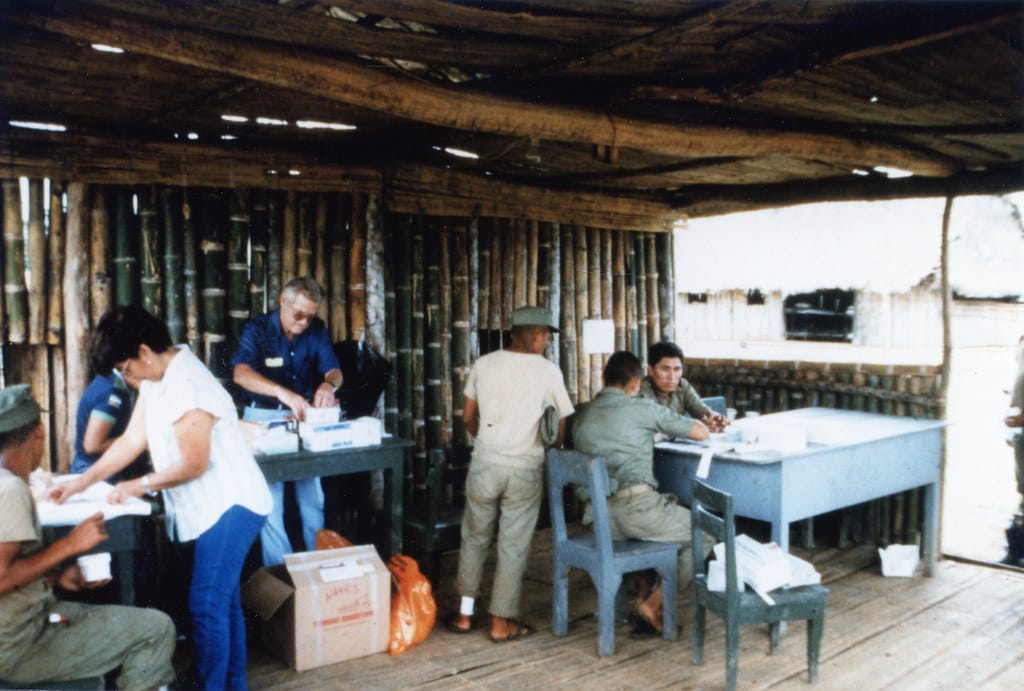Brazil's Bold Gamble: Unleashing Millions of Lab-Bred Mosquitoes to Fight Dengue
Brazil is fighting fire with fire—or more precisely, mosquitoes with mosquitoes. In a groundbreaking public health initiative, the South American nation has begun releasing millions of genetically modified mosquitoes into urban areas to combat a devastating dengue epidemic that has infected over 1.5 million people this year alone.
The Scale of Brazil's Dengue Crisis
The numbers paint a stark picture of Brazil's dengue emergency. In 2024, the country recorded its worst dengue outbreak in history, with cases surging 400% compared to the previous year. The disease has claimed over 1,000 lives, overwhelming hospitals and forcing authorities to declare a public health emergency in several states.
Traditional mosquito control methods—spraying insecticides, eliminating standing water, and public awareness campaigns—have proven insufficient against the Aedes aegypti mosquito, the primary vector for dengue, Zika, and chikungunya viruses. This crisis has pushed Brazilian health authorities to embrace an innovative biotechnology solution that seemed like science fiction just a decade ago.
Enter the Genetically Modified Mosquito Army
The mosquitoes being released aren't ordinary insects. Developed by British biotechnology company Oxitec, these male Aedes aegypti mosquitoes carry a modified gene called OX513A. When these lab-bred males mate with wild females, their offspring inherit a genetic "kill switch" that prevents them from surviving to adulthood.
The strategy is elegantly simple: flood the environment with modified males that will gradually reduce the overall mosquito population through genetic sabotage. Since only female mosquitoes bite humans and transmit diseases, this approach targets the root of the problem without requiring harmful pesticides.
"This is precision biotechnology at work," explains Dr. Maria Santos, an epidemiologist at the University of São Paulo. "Instead of carpet-bombing entire ecosystems with chemicals, we're using the mosquitoes' own biology against them."
Real-World Results and Deployment Strategy
Brazil's deployment began in 2022 with pilot programs in several municipalities, but the scale has dramatically increased in response to the current epidemic. The country is now releasing approximately 5 million modified mosquitoes per week across targeted urban areas, including major cities like Brasília and São Paulo.
Early results from pilot programs show promise. In Jacobina, a city in northeastern Brazil where Oxitec conducted extensive trials, researchers observed up to 96% reduction in wild Aedes aegypti populations in treated areas. More importantly, dengue cases dropped by 77% compared to untreated control areas during the trial period.
The mosquitoes are released using specially designed boxes placed throughout neighborhoods, with each box containing approximately 5,000 male mosquitoes that are released over several weeks. The process is coordinated with local health authorities and community leaders to ensure public acceptance and optimal placement.
Addressing Safety Concerns and Public Skepticism
The program hasn't been without controversy. Environmental groups and some scientists have raised concerns about the long-term ecological impacts of releasing genetically modified organisms into the environment. Critics worry about unintended consequences, such as the possibility that some modified mosquitoes might survive and pass on their genes.
However, extensive safety testing and regulatory approval from Brazil's National Biosafety Technical Commission (CTNBio) have addressed many of these concerns. The modified mosquitoes are designed to be self-limiting—their genetic modification specifically prevents their offspring from surviving in the wild.
"Five years of field trials and laboratory studies have demonstrated the safety and efficacy of this approach," says Dr. Carlos Brito, an infectious disease specialist involved in the program. "The alternative—continuing to lose thousands of lives to dengue—is far more concerning than the theoretical risks."
A Global Model for Disease Control
Brazil's ambitious mosquito program is being closely watched by other countries grappling with mosquito-borne diseases. Malaysia, Panama, and several Caribbean nations have already begun similar pilot programs, while countries in Africa and Asia are considering adoption.
The World Health Organization has cautiously endorsed the technology, emphasizing the need for rigorous monitoring and community engagement. As climate change expands the geographic range of disease-carrying mosquitoes, innovative solutions like genetic modification may become essential tools in global public health.
The Future of Mosquito Control
Brazil's massive deployment of genetically modified mosquitoes represents a watershed moment in public health strategy. If successful, this approach could revolutionize how we combat vector-borne diseases worldwide, offering hope for the 390 million people infected with dengue annually.
The program's success will ultimately be measured not in the millions of mosquitoes released, but in the lives saved and communities protected from a disease that has plagued humanity for centuries. Brazil is betting that sometimes the best way to fight nature is to outsmart it.
